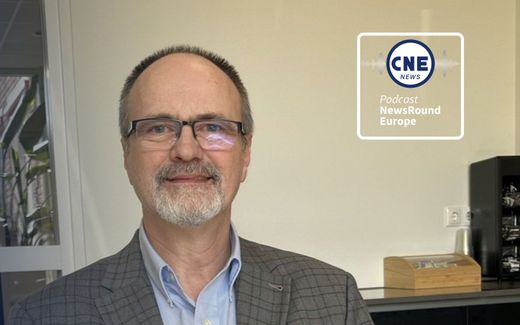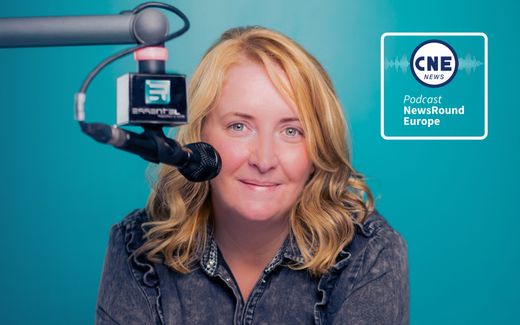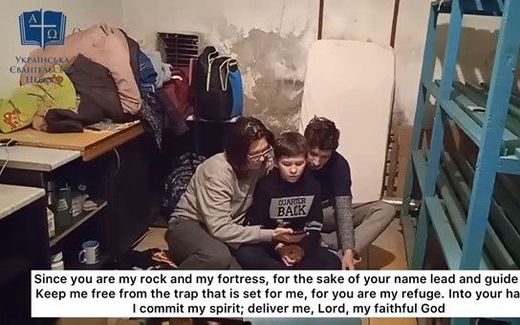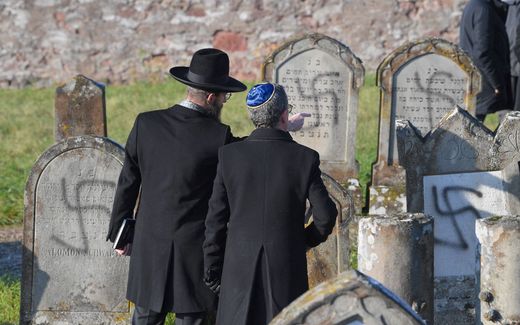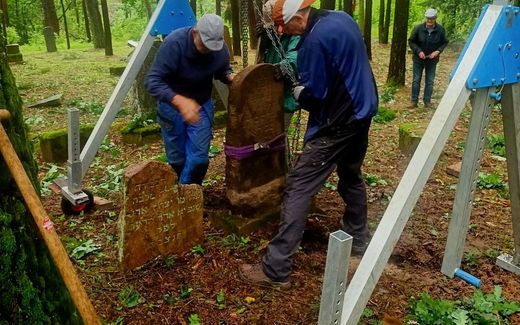Yoel Russu on CNE’s podcast: Students at Messianic school in Israel still pray and play despite war

Yoel Russu in the CNE podcast studio. Photo CNE.news
European Union
While the war continues in Israel, the school is still open. The Messianic Jewish school Makor HaTikva in Jerusalem does everything to keep the 142 pupils at work.
Principal Yoel Russu is proud that his school is the “only one in the world” that is Christian and Hebrew-speaking. In the CNE podcast, he tells about HaTikvah in the heart of Jerusalem. Messianic Jews believe Yeshua or Jesus is the Jewish Messiah for Israel and the world.
“We are welcoming everyone ready to come and be with us to live with the Jewish people in Israel”, says Russu. “It is our legal right as a religious minority in Israel to have this school.”
While the school mainly consists of Messianic Jewish students, it has attracted a handful of non-Jews, such as Armenian and Dutch Christians, throughout its over thirty-year history. Some Arab families even send their children to HaTikvah.
The primary purpose of the school is to serve its own Christian community. That means, theoretically, a Muslim family could also send its children to HaTikvah, but that usually does not happen. But ethnically, the school is very mixed.
From zero to Zion
Given its diversity, Russu says that Hebrew is the primary language. Many children learn it at the school as a second language. Part of our vision, he says, is for them to grasp the language from 'zero to Zion,' and for the most part, children pick up the language to the point where they can read texts such as the Old Testament.
Many kinds of schools exist in Israel, and families can choose where to send their children. They can decide whether to send them to an ultra-Orthodox school where boys and girls learn separately, or perhaps a Christian school for Arabs. Although very unusual, he admits, some families choose Makor HaTikvah, as it is essential to have a school based on the belief that Jesus is the Messiah.
“We are not a school that the regular Jewish person would send their children there because we believe in Jesus Christ,” he says.

Since the school is in one of the most threatened countries in the world, teaching and learning have not come easy. At the war’s peak, Russu could see the deteriorating mental condition of children, especially those directly affected by the conflict. Some spent hours in bomb shelters. As the news flashed dead soldiers and funerals, the school managed to find ways to comfort families. He says that raising money, sending a card, or giving a word of comfort showed that the school cared for their student’s well-being.
While dealing with ongoing geopolitical challenges, the school has some of its own. One of them is the need for a bigger building. Although tuition is partially shouldered by the parents, he says the funds are often not enough to cover all the expenses. Despite these needs, he still sees his role as “exciting and challenging” while fulfilling the vision of HaTikvah, meaning source of hope.
Related Articles


